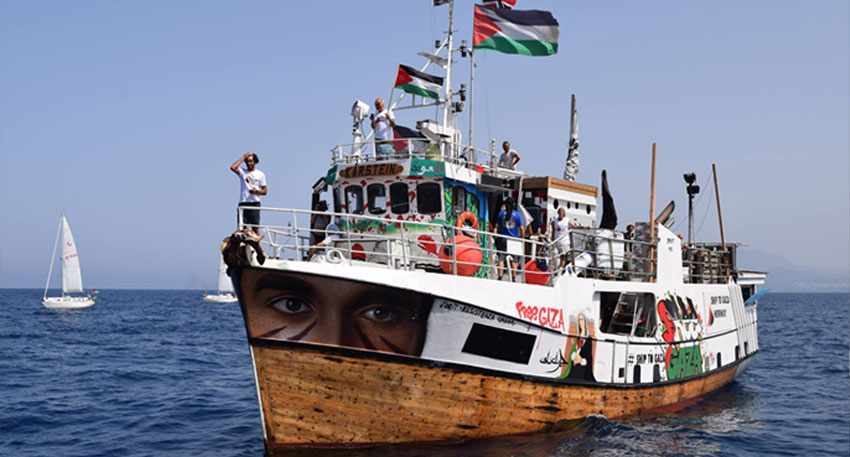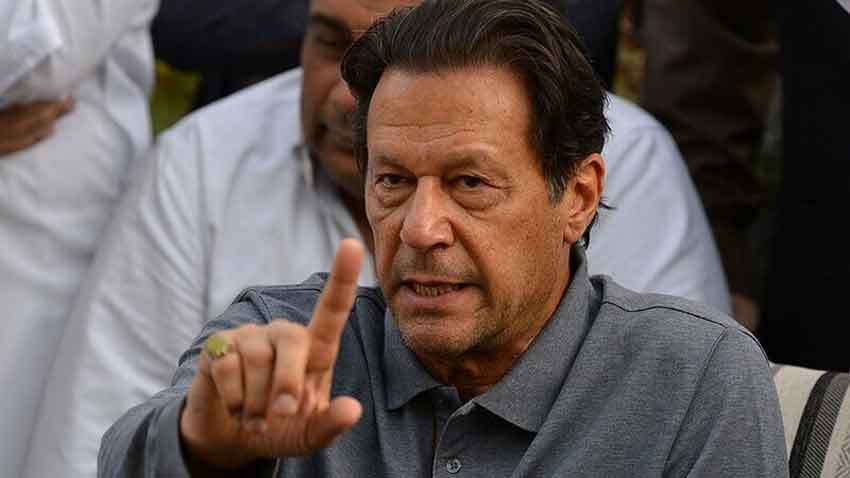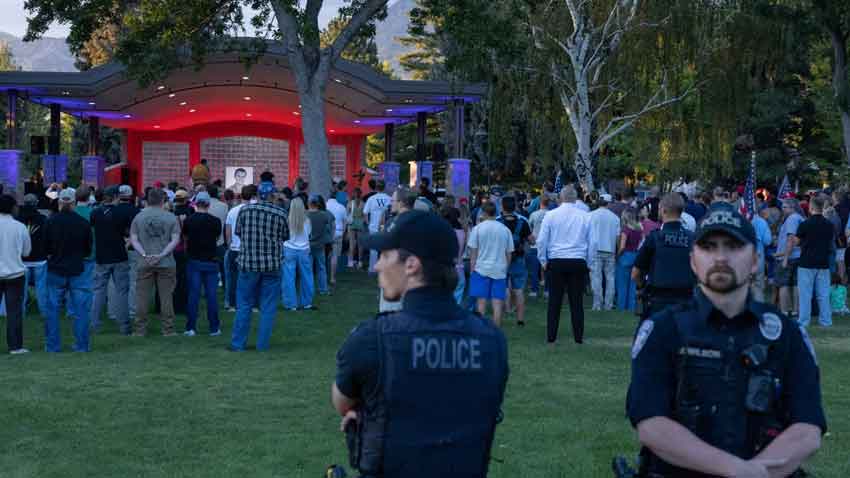
When a blaze erupted aboard the Family Boat at Sidi Bou Said, organisers immediately cried foul, alleging a drone strike. Tunisian authorities, however, dismissed the claim, asserting that no aerial intrusion had been detected. Their preliminary account was almost banal in contrast: a cigarette, they said, had likely ignited a lifejacket, producing the fire. Thus, what one camp framed as a covert act of aggression, another reduced to an accident of carelessness. The very ambiguity has itself become emblematic of this conflict—truth perpetually contested, reality perpetually obscured.
Greta’s Indictment of Power
Thunberg used the voyage not merely as an act of solidarity, but as a pulpit from which to confront political leaders complicit through inaction. In remarks directed at British Prime Minister Keir Starmer, she invoked the weight of international law:
.The Media’s Commodification of Defiance
The capitalist media, predictably, has seized upon this theatre with an appetite less for substance than for spectacle. Tabloids fixate on whether a drone or a cigarette set the vessel aflame, reducing a geopolitical confrontation to the level of intrigue. Mainstream outlets elevate Thunberg’s soundbites but often sever them from the structural realities she attempts to illuminate.
This is the paradox: the flotilla’s mission is to deliver food, medicine, and baby formula to a besieged population. Yet in the media economy, its primary cargo is symbolism—Greta’s presence, the imagery of fragile vessels against military might, the moral drama of civilians confronting a state. Such imagery is commodified, circulated, and consumed, often stripped of the deeper indictment it was meant to carry.
Calculated Risk, or a Suicide Mission?
For those aboard, the danger is not abstract. They remember 2010, when Israeli commandos killed ten activists aboard the Mavi Marmara. German activist Yasemin Acar, sailing once again, called the mission “a suicide voyage… into the belly of the beast.” Thunberg herself conceded the risk: yes, she and others might be killed, but only because Israel has been emboldened by the absence of international consequence. Their readiness to face death is itself a form of testimony—an indictment of a world in which carrying sacks of flour requires the courage of martyrs.
Israel’s Defensive Orthodoxy
For Israel, the flotillas are nothing more than publicity stunts—symbolic gestures that bring negligible material relief to Gaza. Yet therein lies the irony: precisely because their material impact is minimal, their symbolic power is immense. Each interception, each deportation, each disputed fire becomes another parable of the blockade’s cruelty.
Israel’s denials—of famine, of systematic obstruction, of unlawful violence—stand in stark opposition to the reports of UN agencies and humanitarian groups. The flotillas persist because they dramatise this dissonance in a way no report or resolution can. They convert statistics into spectacle, famine into narrative.
Also Read: One hand shakes, The other fires
The Ending That Never Ends
How does such a struggle conclude? Likely not with resolution, but with recurrence. The flotillas will continue to sail because their very futility underscores their necessity. Israel will continue to intercept them, compelled by the logic of its siege. Greta will continue to speak, because silence is complicity. And the media will continue to sensationalise the smoke—whether it rises from a drone’s strike or a cigarette’s ember.
In the end, the fire aboard the Family Boat may have been small, but it was also prophetic. Even the most trivial spark can set ablaze the great contradictions of our age: sovereignty versus solidarity, law versus impunity, truth versus narrative. The sea remains contested not for what it delivers, but for what it reveals.




